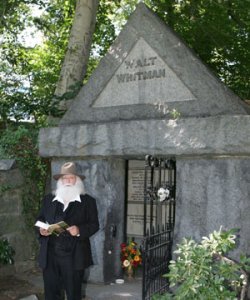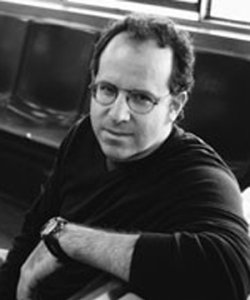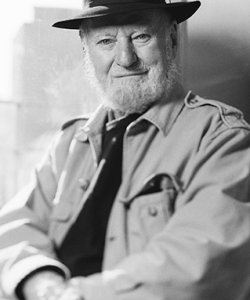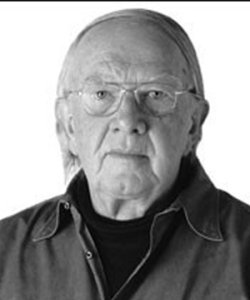Small Press Points
Small Press Points highlights the happenings of the small press players. This issue features Coffee House Press, Alice James Books, City Lights Booksellers and Publishers, Graywolf Press, and Salt Publishing.
Jump to navigation Skip to content
Small Press Points highlights the happenings of the small press players. This issue features Coffee House Press, Alice James Books, City Lights Booksellers and Publishers, Graywolf Press, and Salt Publishing.
Page One features a sample of titles we think you'll want to explore. With this installment, we offer excerpts from Chemistry and Other Stories by Ron Rash and Music for Landing Planes By by Éireann Lorsung.

Sample art from Bookworm, a collection of photos and collages of books destroyed by nature.

A childhood bike trip leads Whitman impersonator Darrel Blaine Ford to a lifelong dedication to the legendary poet.

In his new novel, Jamestown, small press superstar Matthew Sharpe turns to history—sort of.

An interview with poet Lawrence Ferlinghetti about the Beat generation, City Lights Bookstore, and Ezra Pound.
Literary MagNet chronicles the start-ups and closures, successes and failures, anniversaries and accolades, changes of editorship and special issues—in short, the news and trends—of literary magazines in America. This issue's MagNet features Document, Doubletake: Points of Entry, Interim, and Poetry Salzburg Review.
Small Press Points highlights the happenings of the small press players. This issue features Steerforth Press, Zoland Books, Zoland Poetry, MacAdam/Cage, and Counterpath Press.

Ed Ochester, editor of the Pitt Poetry Series for nearly three decades, talks about the changes in poetry and publishing he's seen over the years.
This Page One features excerpts from Neck Deep and Other Predicaments by Ander Monson and The Unbinding by Walter Kirn.